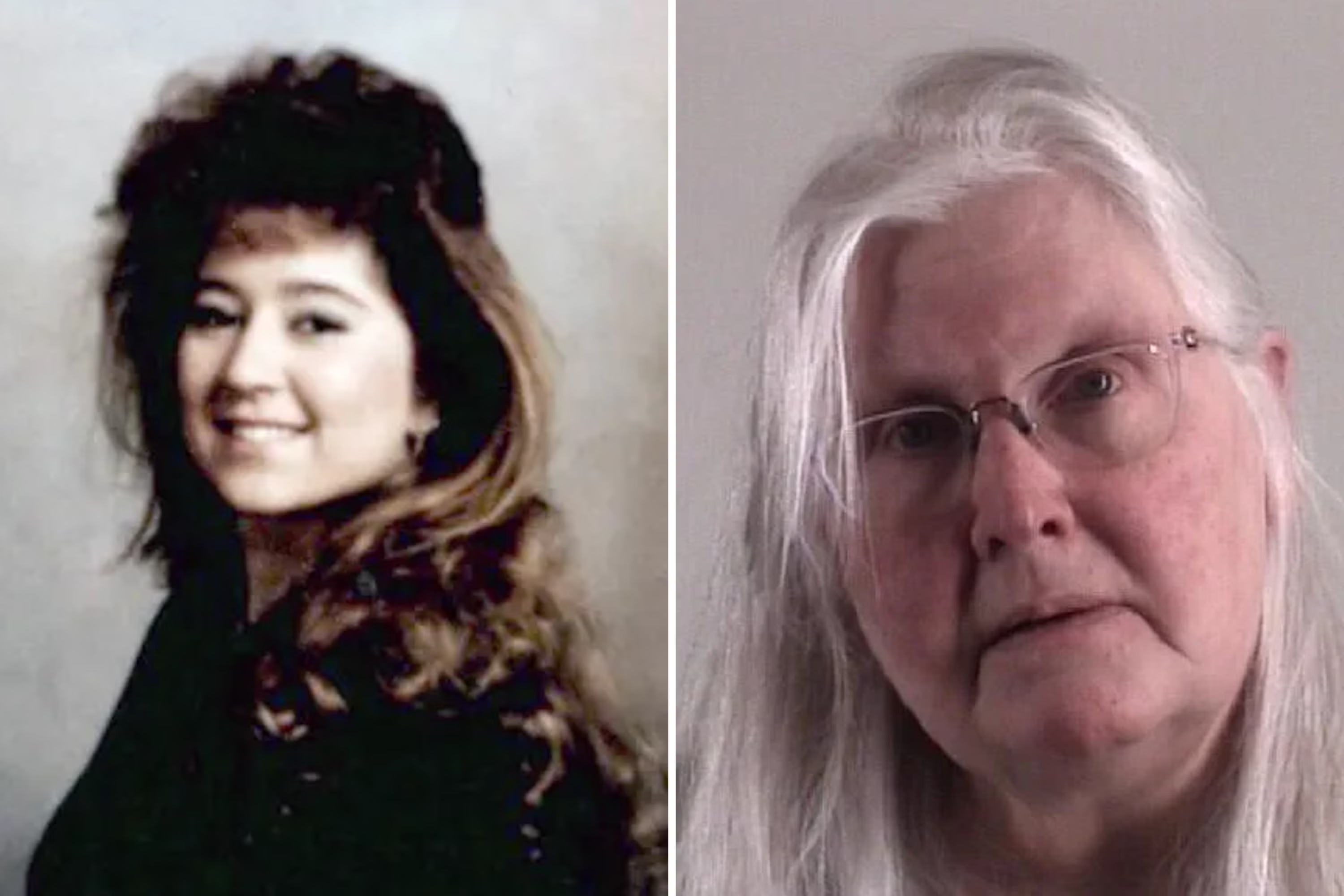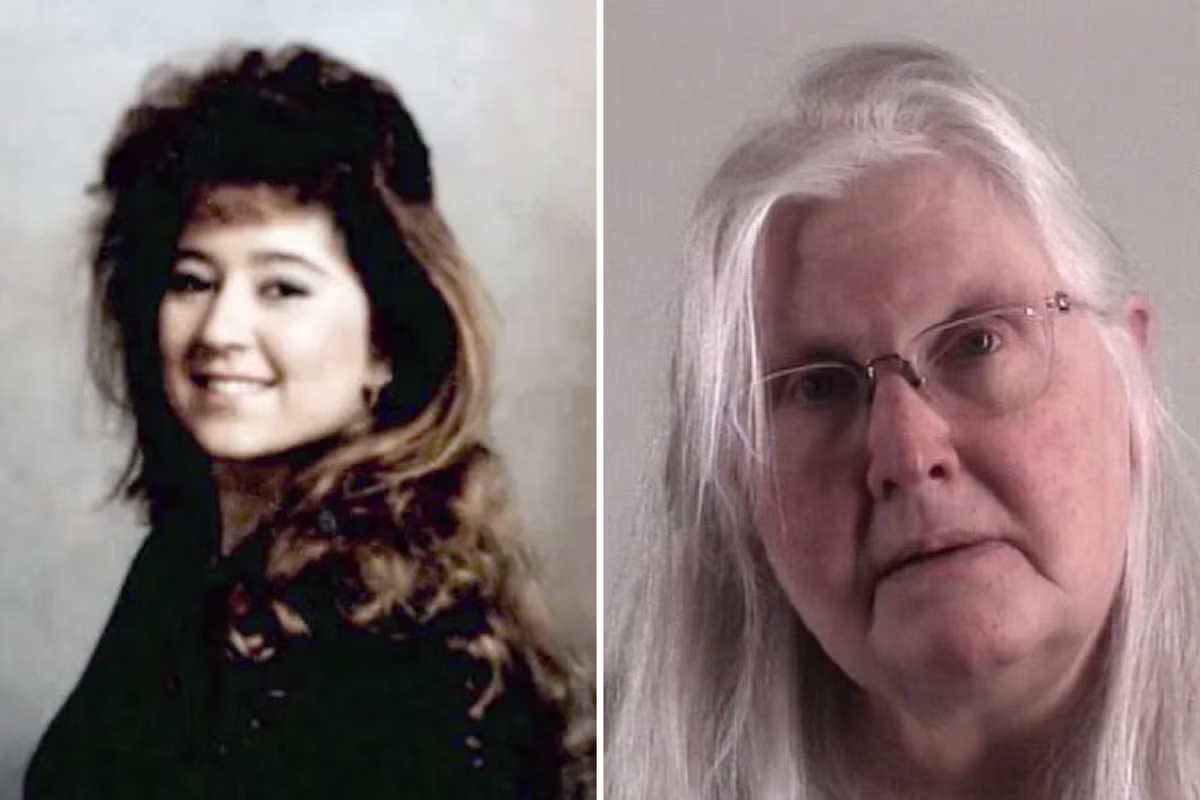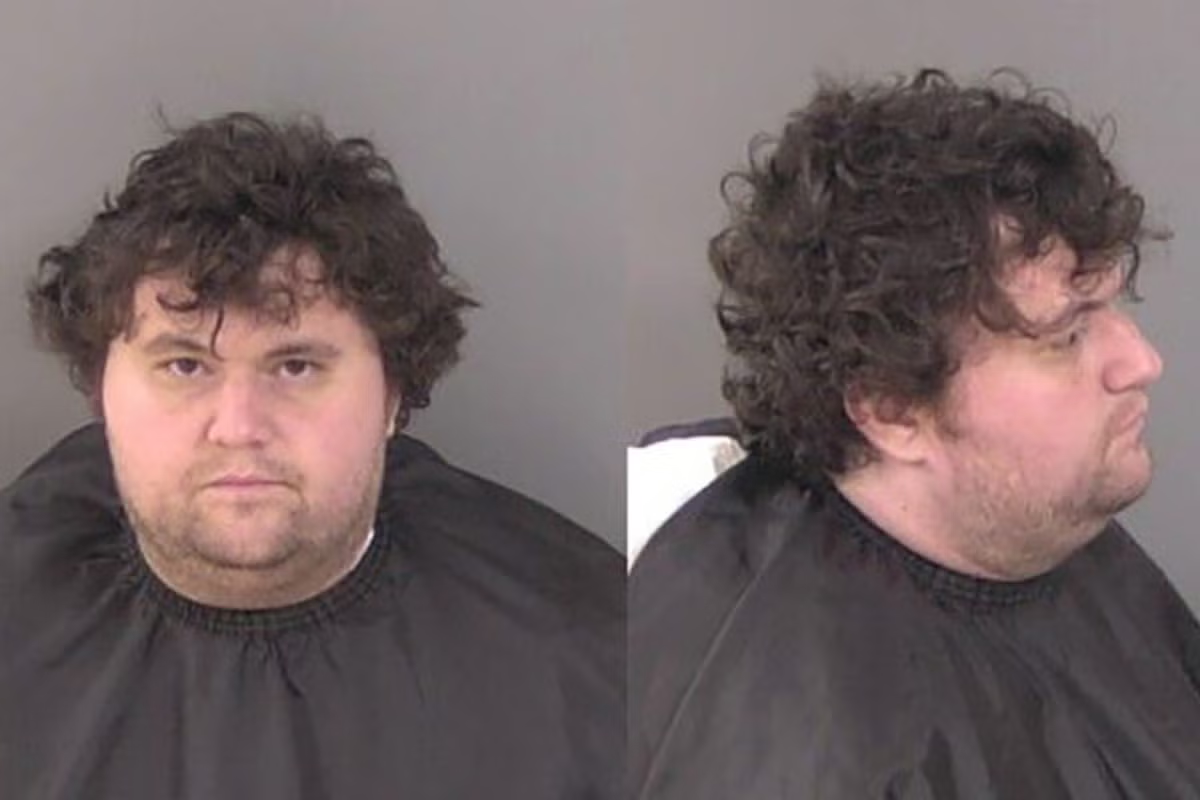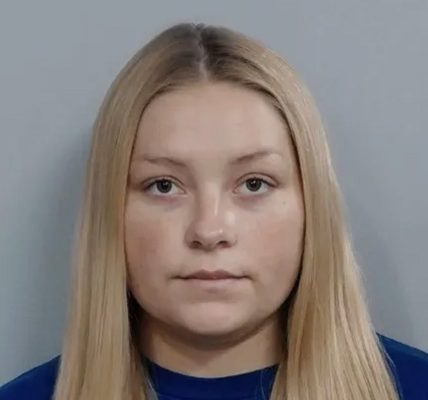Police were stumped in solving a 1991 cold-case murder. Then a group of college students stepped in
For 24 years, the case of a young adult entertainer murdered in the sprawling suburbs of the Dallas-Fort Worth metro area had gone unsolved.
Cynthia Gonzalez, 25, was reported missing by her ex-husband in September 1991 in Arlington, Texas and found dead five days later in the boondocks south of the city from multiple gunshot wounds. Despite some leads, her killer wasn’t found at the time.
But now, police believe they have finally identified the person responsible — with the aid of an unusual new University of Texas course that enlists criminology students to help solve cold cases.
On November 6, Marshals arrested 63-year-old Janie Perkins on a charge of capital murder in Azle, Texas, on the far northwestern fringes of Fort Worth.
“When we launched our cold case partnership with UTA, we always hoped we’d get an outcome like this one day. I don’t think any of us expected that lightning would strike the first time,” Arlington police chief Al Jones said in a press release on Monday.
“I want to sincerely thank the students for their work and dedication to this case. I also want to thank UTA faculty for embracing this program. We hope this is just the first of more to come.”

Established by the University of Texas at Arlington only this September, the “innovative” program gave 15 students access to old case materials from three unsolved homicides and put them to work in search of a breakthrough.
One of those three cases was that of Cynthia Gonzalez, who was last seen on September 16, 1991, when she left her home to meet a client.
As recently as 2024, an Arlington Police Department detective had reviewed the case and determined that there were no new leads to chase. But the students disagreed, and quickly zeroed in on suspect Janie Perkins.
According to police, Perkins — who was around 29 at the time — was a close friend of Gonzalez and often spent time with her. But several weeks before the murder, it’s alleged a shared romantic partner had told Perkins that they were breaking up with her in order to be with Gonzalez.
Back in the 1990s, Perkins — who maintains her innocence — allegedly couldn’t give detectives an alibi for the night Gonzalez vanished and failed two voluntary polygraph tests when asked if she knew who was responsible.
Polygraph tests aren’t admissible in court, and studies have found that they are highly unreliable. But Perkins also allegedly made statements to investigators that suggested she was glad Gonzalez was dead, and that she’d even thought about killing her or having her killed.
And so, at the prompting of UTA students, modern-day detectives began researching Perkins more closely. They allegedly learned of witnesses who claimed that Perkins had privately admitted to them that she murdered Gonzalez, and cited specific details. Those details aligned with the existing evidence.
Perkins was charged with one count of Capital Murder, booked into the Tarrant County Jail and released on bail after posting a $150,000 bond, according to reports.





